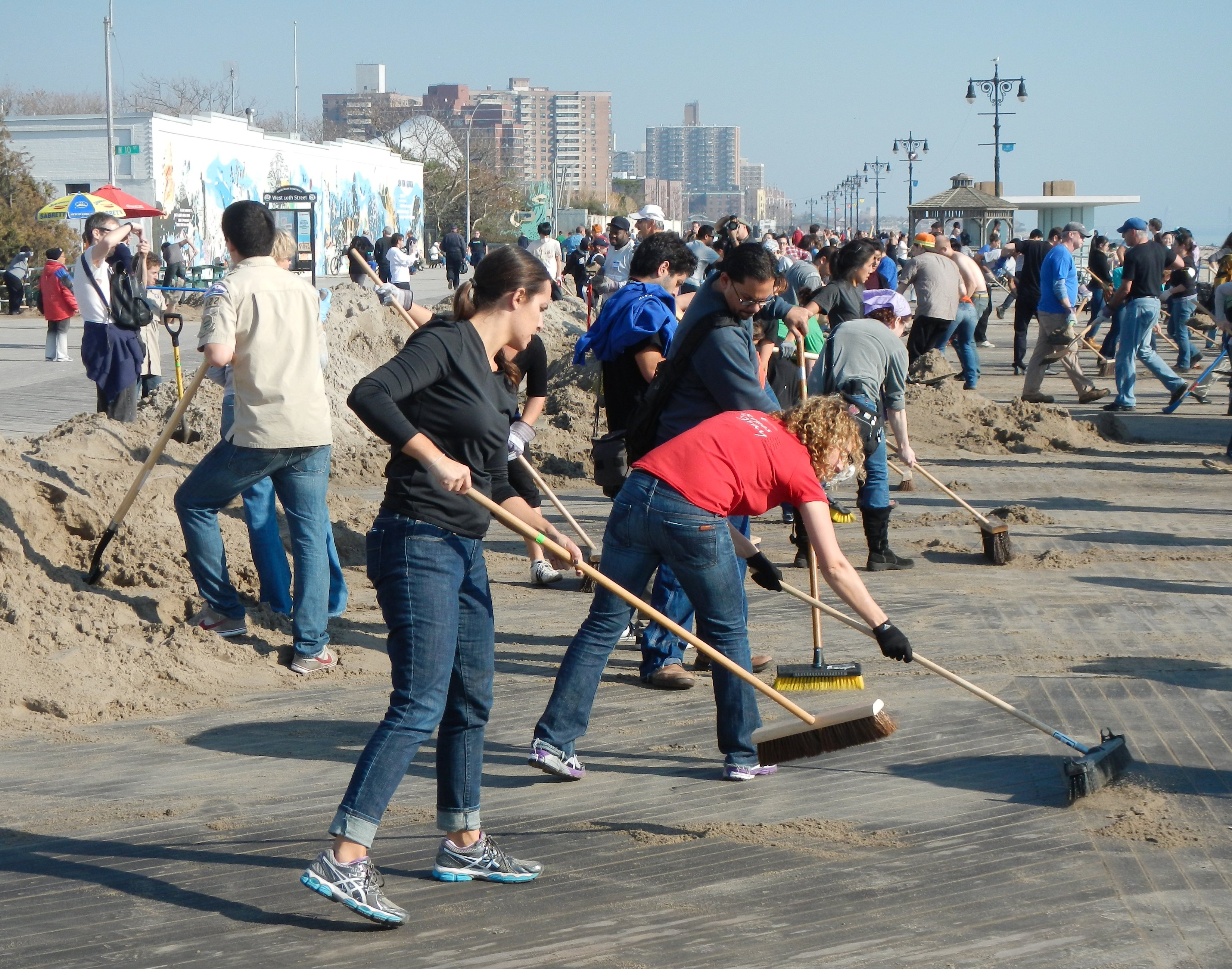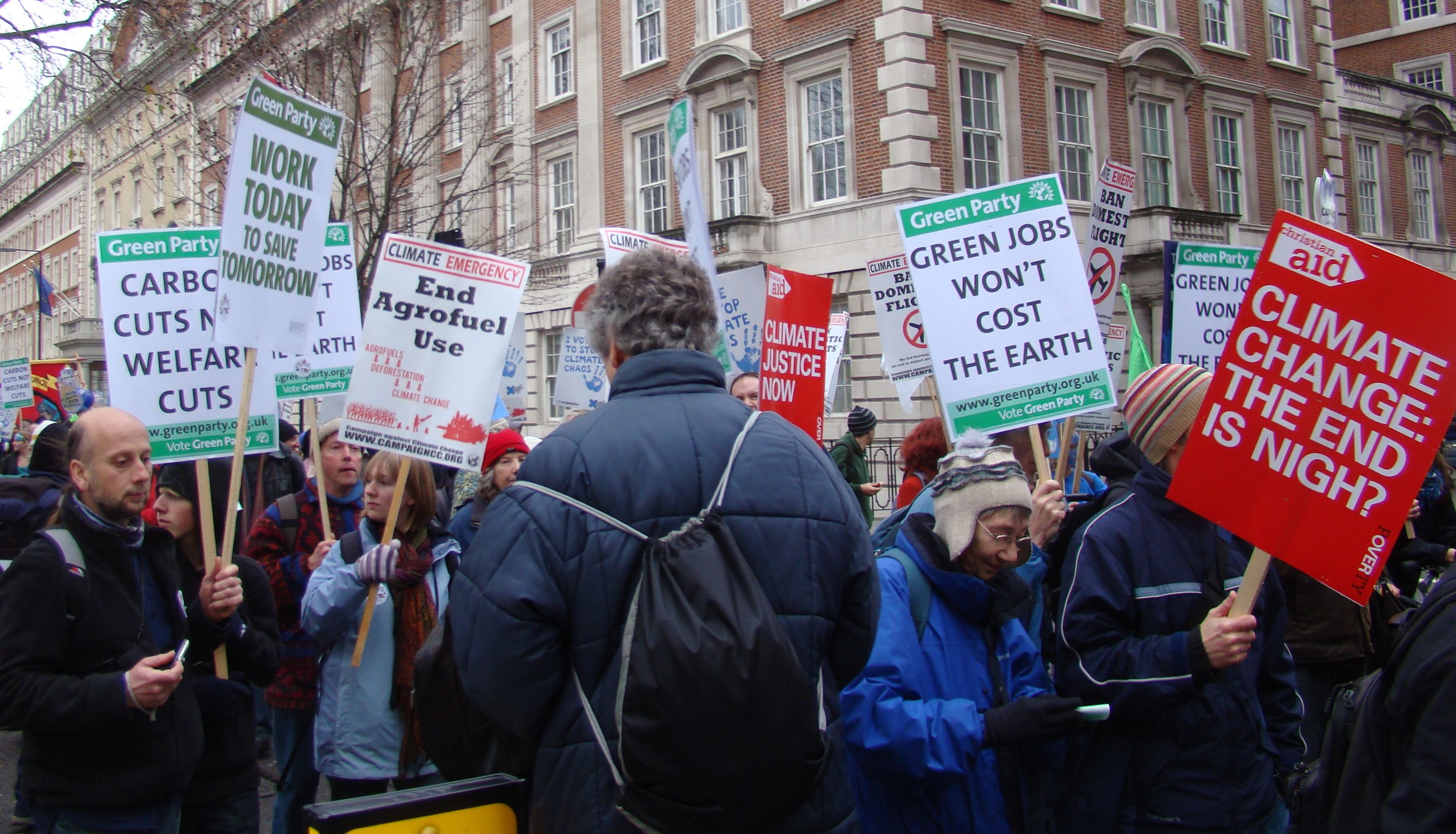Buddhist philosophy teaches that the true source of genuine, long-lasting happiness in this world is helping others. Be it by volunteering, donating to a charity, or just taking the time to write something nice in your mum’s birthday card, “doing good” is an excellent way to feel more connected to the world around us, and find happiness by creating it in others. But in the chaotic world of the modern student good deeds can start to feel more like a chore than an opportunity. As students, we put pressure on ourselves everyday: to stay on top of our studies, to get a job, to exercise, to socialise, to apply for masters or internships or placements, maybe to play a sport or attend a society.
Many of us have gone from sitting in our comfy homes, going to school everyday and having our parents cook us dinner to actually having to prepare for the real world and all of the terrifying uncertainties it holds. On top of all this, the idea of “doing good” just feels like more pressure. Lots of this comes from the dominant and capitalist ideology in our society which teaches us to think selfishly.
As a result when we consider something like volunteering we often view it as a means to better ourselves rather than something we are truly invested in the work of the organisation; it says a lot that the most likely person to recommend voluntary work to you is a careers adviser. The truth is that, whatever some cynics may say, you can do good deeds for the sake of others and not merely for a sense of self-satisfaction or achievement. It just requires a bit of mindfulness to understand what’s really motivating us: and yes, you can choose what you want that motivation to be. Another reason we tend to consider good deeds a chore is because quite often it never feels like enough. As soon as you recognise a problem with the world around you, it can feel as though anything less than eradicating it completely makes all your efforts inadequate.
My own experience with this came with going vegan last February. As soon as I began identifying myself as vegan, I found everything I did was scrutinised. Suddenly palm oil wasn’t vegan; neither was beer or wine; nor most of the toiletries I owned; nor my old leather boots, nor anything containing several e-numbers I had to learn by heart. What had seemed at first to be quite a straightforward dietary shift was suddenly taking over my entire life. “What we really need is a revolution in our way of thinking” I found the whole experience so draining. It felt like whatever I did, I was always going to be causing harm in some incidental way. And on top of that, there were thousands of people around me who simply didn’t care.
Falling into this way of thinking is depressing. It’s not good for you, and it’s also not good for the cause you care about, be it veganism or homelessness or fighting homophobia. It may be that one day the problem you see in the world will no longer exist, but honestly, this is pretty unlikely. In a society where we are taught to aim for perfection and not stop until a job is complete, the world of good deeds requires a more modest approach. Certainly, we should not stop caring about an issue once we have contributed to it a little, but we should also learn to take comfort in the small victories, and let that be our fuel for continuing.
Maybe you haven’t gone zero-waste- but reusing your plastic bags and bothering to sort your rubbish into recycling is still making a difference. Maybe you can’t commit lots of time to volunteering at a residential home- but I bet those few hours you spend there every now and again really make someone’s day. What we really need is a revolution in our way of thinking.
If we can learn to be motivated by our desire to change something, and not be discouraged by a lack of immediate results, we’ll be on track to feeling good about doing good.




